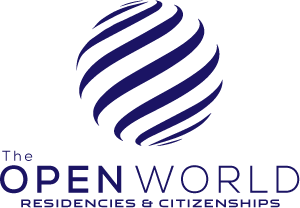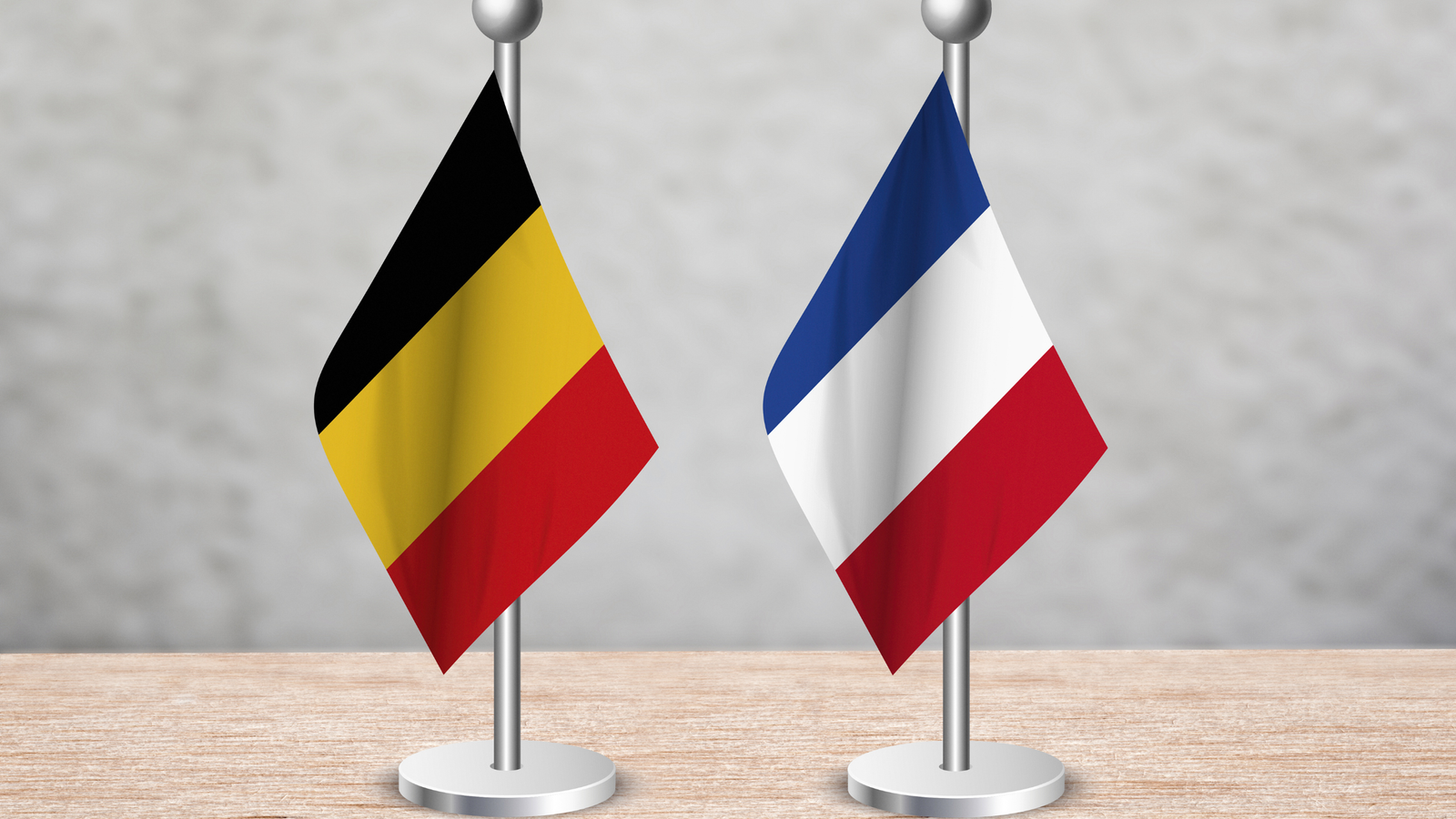When it comes to choosing a second home in Europe, France and Belgium often come up as top choices. Both offer a high standard of living, access to the European Union, and solid residency-by-investment and citizenship pathways. But which one is better for your goals, France or Belgium?Let’s break it down in terms of immigration routes, lifestyle, tax advantages, and long-term benefits.
France vs Belgium: Citizenship and Residency
Both France and Belgium offer strong residency options that can lead to EU citizenship, but they suit different lifestyles and goals. France is ideal for long-term settlers who value culture and public services, while Belgium appeals to entrepreneurs and expats looking for a faster, flexible pathway to EU integration.
Residency Requirements: France vs Belgium
Both countries offer legal pathways for non-EU nationals to become residents, but the processes differ in pace and flexibility.
France requires applicants to first secure a long-stay visa, typically tied to work, business, or family reunification. Residency renewals are gradual, leading up to permanent residency after five years.
Belgium, on the other hand, is known for its more straightforward residence program, especially for entrepreneurs or self-sufficient individuals. Residency can be obtained faster if you establish economic ties or business activity in the country.
The main difference? Belgium may offer a quicker route to permanent residency, while France often prioritizes social integration and long-term settlement.
Lifestyle and Integration: Comparing Daily Life in France vs Belgium
When choosing between France and Belgium for residency or future citizenship, lifestyle plays a huge role. It’s not just about paperwork; it’s about where you and your family will feel most at home. Let’s explore how each country compares when it comes to everyday living, integration, and long-term comfort.
Language and Culture
France is rooted in its language and traditions. To integrate well, especially outside major cities like Paris or Lyon, a good grasp of French is essential. The government even offers language and civics courses as part of the residency process. The French lifestyle leans toward a strong sense of community, food culture, and work-life balance, especially in smaller towns.
Belgium is more multilingual by design, with three official languages: Dutch, French, and German. In cities like Brussels and Antwerp, it’s common to hear English in business and social settings. That mix makes it slightly easier for newcomers to adapt, especially if they’re not fluent in French from the start.
A friend of mine moved to Brussels last year through Belgium’s self-employed residency route. He told me that what really surprised him wasn’t just how easy the paperwork was, but how connected he felt so quickly. The neighborhood had people from over 12 nationalities, and local cafes remembered his name after a week. That mix of structure and openness made his transition incredibly smooth.
Education and Healthcare
Both countries offer high-quality public education and healthcare, but France’s system is more centralized and has broader national coverage. Schools and universities are state-funded, and public healthcare is nearly free once you’re enrolled. Belgium’s services are excellent too, though healthcare often involves co-payments.
Daily Comfort and Community
In my own experience helping a friend relocate to Belgium, the smoother day-to-day life surprised him. He found that local authorities were responsive, and even setting up utilities or registering with the commune was surprisingly simple. He also loved how international his neighborhood was; it made the transition feel less intimidating.
France, on the other hand, tends to have more bureaucracy upfront, but many find the lifestyle rewards worth it once settled. From wine regions to the Riviera, the cultural richness is unmatched if you’re planning to put down long-term roots.
- Choose France if you’re drawn to deep culture, family-friendly living, and a traditional European lifestyle.
- Choose Belgium if you value flexibility, international communities, and a more accessible integration experience.
Both countries offer a high quality of life; it just depends on the kind of daily rhythm you’re looking for.
Taxation and Financial Benefits
For many people considering residency or second citizenship, taxes are a deciding factor. France and Belgium both have strong economies and solid public systems, but their tax structures are quite different. Understanding these differences can help you decide which country better fits your financial goals.
Personal Income Tax
- France uses a progressive tax system, with rates ranging from 0% to 45%.
- Residents are taxed on worldwide income, but there are tax treaties with many countries to avoid double taxation.
- There’s a wealth tax (IFI) on real estate assets above a certain value.
- France also offers some relief for new residents under the “impatriate regime”, which can exempt certain foreign income for five years.
- Belgium, on the other hand, does not tax foreign income for most residents, making it very attractive for global investors and digital nomads.
- It has no wealth tax or capital gains tax on most personal investments.
- Income tax rates go up to 50%, but the lack of other taxes often balances this out for high earners.
Business and Investment Tax
- France supports business through R&D credits, innovation funds, and tech-focused grants.
- Corporate tax has been gradually reduced to 25% for most companies.
- Belgium offers attractive holding company structures and special regimes for expats, such as the “special tax status for inbound taxpayers”.
- Corporate tax is around 25%, with deductions available for innovation and investment income.
Table: France vs Belgium – Tax Comparison
| Feature | France | Belgium |
| Personal Income Tax Rate | 0% to 45% | 25% to 50% |
| Tax on Worldwide Income | Yes | No (with conditions) |
| Wealth Tax | Yes (on real estate) | No |
| Capital Gains Tax (Personal) | Yes | Mostly No |
| Corporate Tax | 25% | 25% |
| Expat Tax Benefits | Yes (5-year immigrant regime) | Yes (inbound taxpayer scheme) |
If you’re looking to minimize global taxation, Belgium offers more flexibility, especially if your income is earned abroad. But if you’re focused on long-term investment in a stable public system with high-quality services, France’s structured environment may give you better long-term value. It really comes down to your financial structure and goals.
Path to Citizenship: France vs Belgium
One of the biggest long-term goals for many residents is acquiring EU citizenship, and both France and Belgium provide legal routes to make that possible. However, the process, timeline, and requirements vary between the two.
Timeline to Citizenship
- France requires 5 years of legal residency before you can apply for naturalization.
- The period is reduced to 2 years if you graduate from a French university or complete higher education in France.
- You must show strong integration, especially language proficiency (B1 level) and knowledge of French culture.
- Belgium offers a slightly more flexible system.
- You can apply for Belgian citizenship after 5 years of legal stay, but there are options to qualify in as little as 3 years under certain conditions, such as working consistently and proving strong social integration.
- Language requirements depend on the region (Dutch, French, or German), but the B1 level is the general expectation.
Residency Stability and Renewals
- In France, your initial residence permit is valid for 1 year, then renewed every 2 or 4 years before moving to a 10-year permanent card.
- You must live in France for the majority of each year and demonstrate tax compliance and social integration.
- In Belgium, long-term residency is available after 5 years of continuous stay.
- Residency status is stable and easier to maintain, especially for EU and Schengen travel purposes.
- You’re not required to live in Belgium full-time, but physical presence still matters.
Dual Citizenship Rules
- France allows dual citizenship, so you can retain your original nationality when naturalized.
- Belgium also permits dual nationality without needing to renounce your previous citizenship, an advantage for global citizens.
- Choose France if you plan to live, study, or raise a family in-country and are prepared to integrate deeply.
- Choose Belgium if you’re looking for a more flexible and potentially faster route to EU citizenship with fewer bureaucratic layers.
Both countries are strong options, but their approach to citizenship reflects their unique legal traditions. Understanding the path ahead can help you decide where to plant your roots more confidently.
Real Estate and Cost of Living
Property Ownership Rules
In both France and Belgium, foreign nationals can legally purchase property without any special restrictions, which makes both countries attractive for long-term residency planning. France has a well-established and regulated real estate market. Whether you’re looking at a countryside villa, a Parisian apartment, or a home in a coastal town, there’s strong demand and stable value growth. Legal processes are transparent, and buyers typically work with notaries who handle registration and contracts.
Belgium also allows full property ownership for foreigners, and its real estate market is considered relatively affordable compared to other Western European countries. Cities like Brussels, Ghent, and Antwerp offer a mix of modern apartments and historic townhouses. The market is known for being steady and less prone to price bubbles. Property registration is quick and typically completed in a matter of weeks.
Daily Expenses and Living Standards
The cost of living in France depends heavily on the region. Major cities like Paris and Lyon are significantly more expensive than rural areas or smaller towns. Groceries, public transport, and dining can add up quickly in urban centers, but access to high-quality public services helps offset this. In general, public healthcare and education costs are low, which benefits long-term residents.
Belgium offers a relatively balanced cost of living, especially for those living outside Brussels. Housing is often more affordable compared to Paris, and daily expenses such as transportation, insurance, and utilities are predictable. Belgium’s compact cities and excellent infrastructure mean you can live just outside the city and still enjoy full access to urban life without high housing costs.
Real Estate as a Residency Strategy
While neither country offers direct residency-by-investment through property alone, owning real estate can still support your residency application, particularly in France, where financial self-sufficiency and local ties are part of the evaluation process. In Belgium, property ownership can strengthen your case for long-term residency by showing economic stability and a commitment to the country.
If you’re looking for charm, long-term value, and integration into a lifestyle-driven property market, France is appealing. But if your focus is on practical pricing, easier maintenance, and solid investment in a quieter market, Belgium offers plenty of advantages. Understanding how real estate fits into your overall plan is key when choosing where to settle in Europe.
Final Thoughts
Both France and Belgium offer strong, stable pathways to European residency and eventual citizenship. Your decision should depend on what matters most to you. France offers deep cultural integration and strong public services, while Belgium provides flexibility, speed, and a highly international environment. Whether you’re an entrepreneur, a relocating family, or someone seeking long-term mobility, both countries offer real value. The key is aligning their systems with your personal goals, financial plans, and lifestyle preferences. At The Open World, we’re here to guide you through every step, no matter which path you choose.
Ready to Start Your Journey?
If you’re considering residency or citizenship in France or Belgium, let our expert team at The Open World guide you through every legal and financial detail. From personalized consultation to full application support, we simplify the process for you.
Book your free consultation today at the-open-world.com or visit our Dubai office to speak with a specialist in person. Your European future could be closer than you think.
FAQs: France vs Belgium for Residency and Citizenship
-
Which country offers a faster path to citizenship, France or Belgium?
Belgium can offer a slightly faster route. You may qualify for Belgian citizenship in as little as five years, or even three years under certain conditions. France usually requires a minimum of five years, unless you’ve studied there, which can reduce it to two.
-
Can I apply for residency in France or Belgium by buying real estate?
No, neither country offers residency-by-investment through property alone. However, owning property can support your financial profile in residency applications, especially in France.
-
Is dual citizenship allowed in both France and Belgium?
Yes, both countries allow dual citizenship, so you don’t need to give up your current nationality when naturalizing.
-
Which country is better for entrepreneurs?
Belgium is often seen as more business-friendly, especially for self-employed applicants. It has straightforward processes for opening a company and integrating through economic activity.
-
Are taxes higher in France or Belgium?
Both countries have high personal income taxes, but Belgium offers more flexibility, especially for expats and those with foreign income. France has more social benefits but also more complex tax layers.




